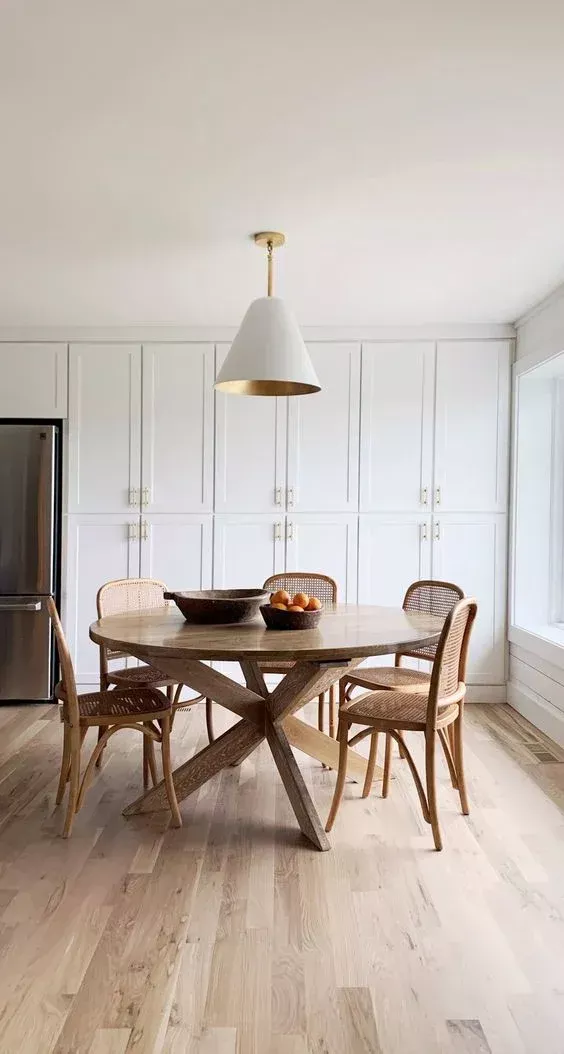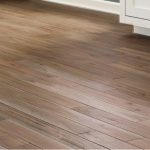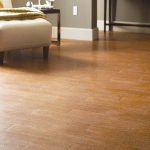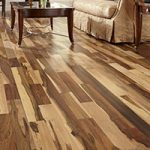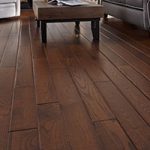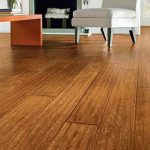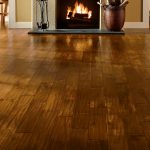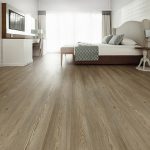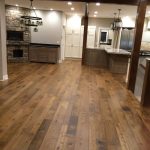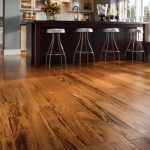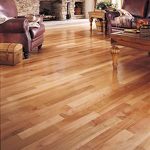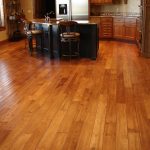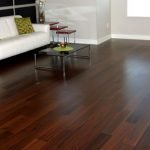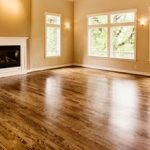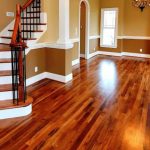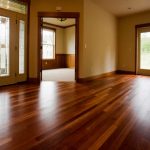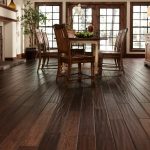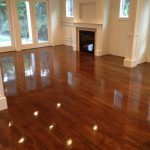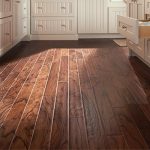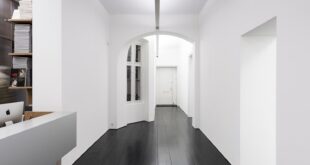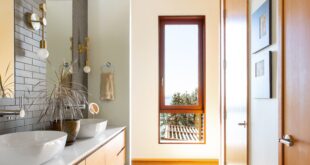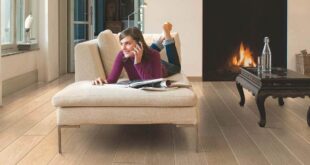Solid hardwood flooring is a popular choice for many homeowners due to its timeless beauty and durability. However, like any flooring option, solid hardwood comes with its own set of pros and cons. If you’re considering installing solid hardwood flooring in your home, it’s important to weigh these factors before making a decision.
Pros:
1. Timeless Beauty: Solid hardwood flooring is an elegant and classic option that never goes out of style. Its natural beauty adds warmth and richness to any room, lending a sophisticated and luxurious feel to your home.
2. Durability: Solid hardwood flooring is highly durable and long-lasting. With proper maintenance and care, it can last for decades and even centuries. Unlike other flooring options, solid hardwood can be sanded and refinished multiple times, allowing you to restore its original luster and beauty.
3. Increase in Home Value: Solid hardwood flooring is a desirable feature that can increase the resale value of your home. Potential buyers are often willing to pay more for a home with hardwood flooring, making it a worthwhile investment in the long run.
4. Eco-Friendly: Solid hardwood flooring is a sustainable and eco-friendly option, as it is made from natural materials and can be recycled or repurposed at the end of its lifespan. Additionally, hardwood flooring is a renewable resource that can be harvested responsibly.
Cons:
1. Cost: Solid hardwood flooring is typically more expensive than other flooring options, such as laminate or engineered wood. The cost of materials and installation can add up quickly, making it a significant investment for homeowners.
2. Prone to Damage: Solid hardwood flooring is susceptible to scratches, dents, and water damage. It is not recommended for high-moisture areas, such as bathrooms or basements, as moisture can cause the wood to warp or buckle. Additionally, pets and heavy foot traffic can wear down the finish and expose the wood to potential damage.
3. Maintenance: Solid hardwood flooring requires regular maintenance to keep it looking its best. This includes sweeping or vacuuming regularly to remove dust and debris, as well as polishing or refinishing as needed. Without proper maintenance, hardwood flooring can lose its luster and start to show signs of wear.
4. Limited Options: While solid hardwood flooring comes in a variety of wood species and finishes, it may not offer as many design options as other types of flooring, such as tile or luxury vinyl. Additionally, solid hardwood is not recommended for installation over radiant heating systems, as it can warp or crack due to the extreme temperature changes.
In conclusion, solid hardwood flooring offers many benefits, such as timeless beauty, durability, and eco-friendliness. However, it also comes with a higher cost and requires regular maintenance to keep it looking its best. Before deciding if solid hardwood flooring is the right choice for your home, consider your budget, lifestyle, and design preferences to ensure you make an informed decision.
 decorafit.com Design ideas for your home and patio
decorafit.com Design ideas for your home and patio
